|
Starting a reef aquarium can be an exciting and rewarding journey into the mesmerizing world of underwater beauty. However, for beginners, the question of what equipment is needed can be quite daunting. To help you get started on the right foot, let's break down the essential equipment required for your reef aquarium. 1. Tank: Selecting the right tank is the first step. Opt for a tank size that suits your space and budget, keeping in mind that larger tanks offer more stability and room for coral growth. Reef tanks are typically made of glass or acrylic, with rimless options for a sleek look. We prefer "reef ready" tanks with an overflow built in to make it easy to add a sump below the display tank. Then you can hide your filtration down below in the cabinet. 2. Filtration System: Effective filtration is crucial for maintaining water quality. Most reef tanks use a combination of mechanical, chemical, and biological filtration. A quality protein skimmer helps remove organic waste, while live rock and sand serve as biological filters. We have ReefOctopus skimmers on our systems. Most reefers do not use canister filters anymore. They can get clogged easily and cause problems. Instead many reefers are using "filter socks" to catch detritus as it flows into the sump. 3. Lighting: Proper lighting is essential for the growth and coloration of corals. LED lights have become popular due to their energy efficiency and programmability. Generally "Blue" versions of lights are for coral reef aquariums and "white" spectrum lights are for fish only tanks. Corals are photosynthetic and need brighter lighting than fish only aquariums. You can use wattage as a guideline and aim for around 90+ watts per LED light for a small tanks 10-75 gallons and 180 watt LED lights for 75+ sized aquariums. We use Ecotech Radion Blue lights for our grow out tanks. 4. Heating and Cooling: Maintaining stable temperature is vital. A heater will keep your tank warm, while a chiller may be necessary to prevent overheating in hot climates. Invest in a reliable thermometer to ensure temperature stability. Titanium heaters are available that offer better protection against breakage over glass heaters. 5. Water Circulation: To mimic natural reef conditions, strong water circulation is needed. Powerheads and wave-makers help create turbulent water flow, ensuring that corals receive nutrients and oxygen. Sicce is a great and reliable brand for pumps. 6. Test Kits: Regular monitoring of water parameters is essential. Invest in test kits for alkalinity, calcium, magnesium and nitrate to start off. This helps you make informed adjustments to maintain water quality. We prefer Salifert test kits or Hanna. If you were to get one kit make it an alkalinity test kit. 7. Refractometer or Hydrometer: These tools measure salinity to ensure the proper saltwater concentration for your reef inhabitants. Keeping your water's salt level stable is the most basic step. We recommend using a refractometer. They are affordable and super easy to use. Put a few drops on the glass, hold it up to a light source and the salinity level will be displayed instantly. 8. Substrate and Live Rock: Choose a suitable substrate (sand or crushed coral) and/or live rock for a natural look and biological filtration. You can save money by buying dry reef rock and "seeding" it with live reef rock and/or sand from an established reef tank. 9. Protein Skimmer: This equipment helps remove dissolved organic compounds from the water, improving overall water quality. Reef Octopus skimmers with an overflow sensor float switch are amazing ...but really any skimmer will get the job done. 10. Sump and Overflow System (Optional): Larger tanks often benefit from a sump system, which increases water volume, houses equipment, and aids in water filtration. With a sump system you can add evaporation water to the sump and keep your display tank completely full all the time. It's really the way to go! Starting a reef aquarium requires careful planning and investment in the right equipment. Remember that quality and reliability are key, as your equipment will directly impact the health and success of your coral and fish. Take your time researching and selecting the best equipment for your specific needs to ensure a thriving and beautiful reef aquarium. When you are ready for corals we offer a Beginner's Coral Pack to get you started with corals that are great for new reef aquarists. Buy corals that are more hardy until you get the swing of things!
0 Comments
Leave a Reply. |
Categories
All
AuthorBrian Hale has enjoyed 25+ years of dedicated involvement in the reefing community. His commitment to research and extensive hands-on experience makes him an invaluable source of expertise within the reefing hobby. |
Buy Corals Online: TheCoralFarm.com
Aquacultured Corals - Fast Nationwide Shipping USA
1-800-254-4253
Aquacultured Corals - Fast Nationwide Shipping USA
1-800-254-4253
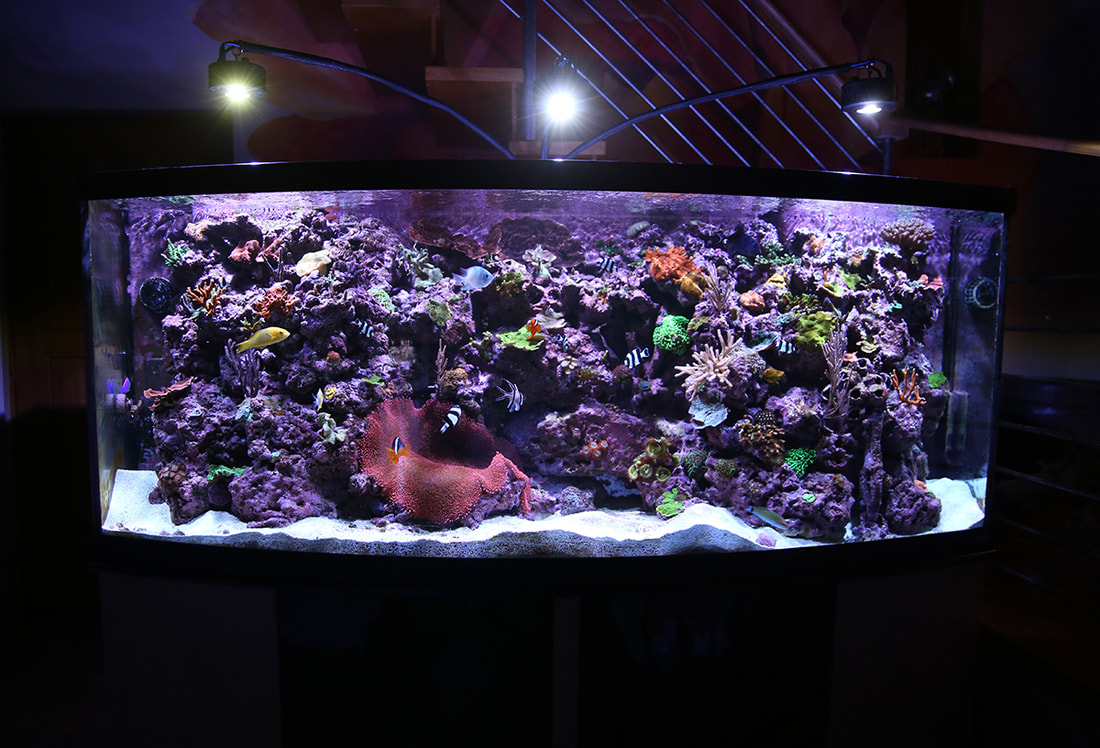
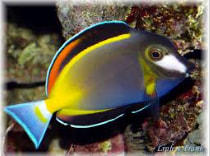
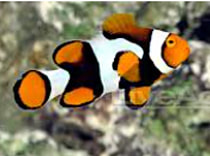
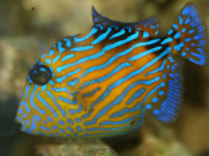
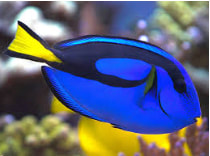
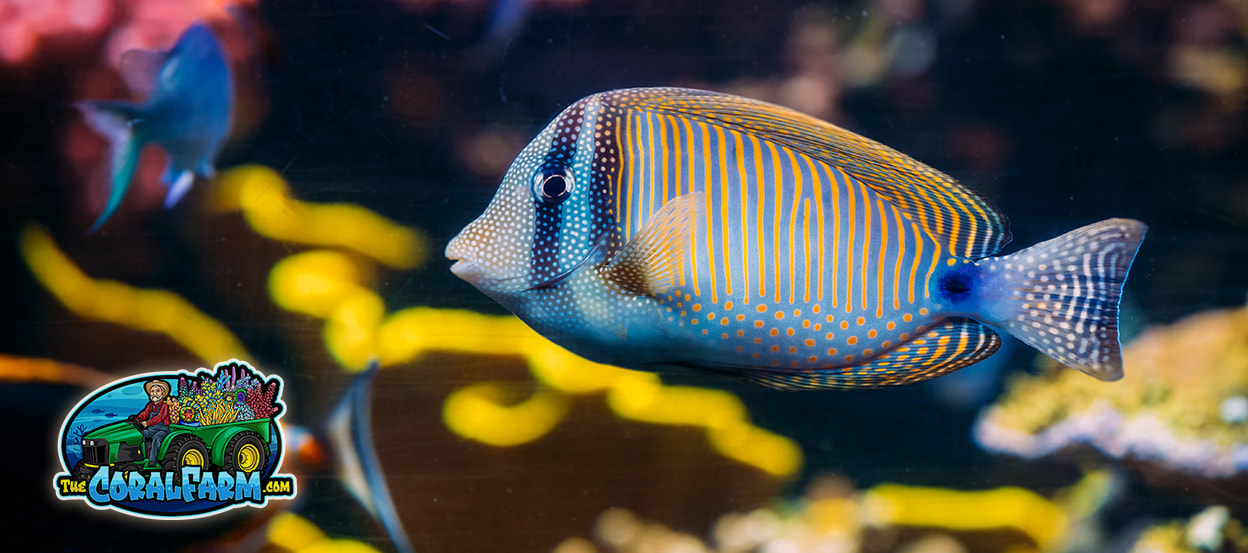

 RSS Feed
RSS Feed
